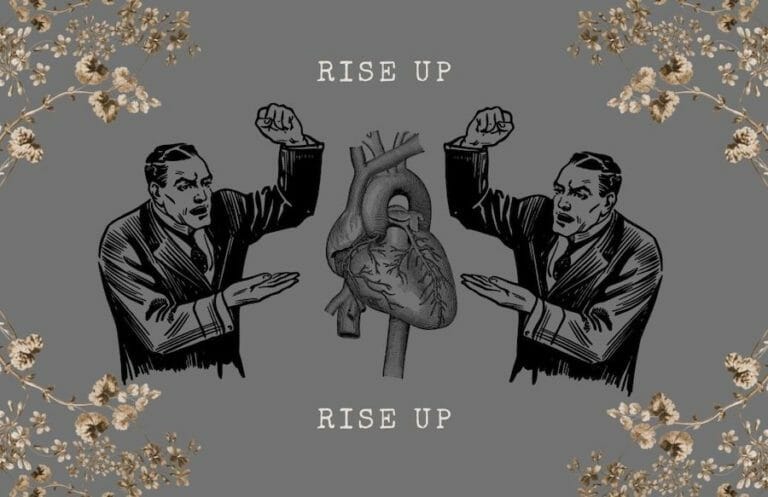‘‘Not all psychopaths are in prison. Some are in the Boardroom.’’ Hare, 2002.
Psychopathy is characterized by features such as high intelligence, superficial charm, egocentricity and inability to love, lack of remorse or shame, impulsivity, a grand sense of self-worth, pathological lying, and manipulative behavior, among others. As a consequence, the image of the psychopath is that of a cold, heartless, and inhuman being.
The term “psychopath” is generally associated with crime, thriller, and horror stories depicted in movies, TV shows, and books since it is quite easy to associate the features that define psychopathic behavior with what our society generally thinks of a villainous character. However, what most people do not know is that about 1% of the population may qualify as having psychopathic behaviors. That is around 80 million people! Does that mean that there are 80 million super-villains out there, plotting the end of the world? Probably not, but they are in our society, so what are they doing?

Believe it or not, many psychopaths occupy positions of leadership and power, as these individuals tend to display traits that are widely associated with effective leadership, such as charisma, persuasiveness, and creativity. Psychopaths can often be very successful for this reason, especially if they are high-functioning ones who are able to avoid long-term detection of their less favorable traits.
Among several professions, psychopaths can be more frequently found as:
- Members of the Clergy. In an interview for Psychology Today, FBI veteran Joe Navarro explained some of the reasons why psychopathic people may go for such a career. For instance, religious organizations can provide the opportunity for some people to exploit others in a moment of need and when their guard is down. Moreover, as members of a religious group, their actions are given legitimacy and not frowned upon right away. Joe Navarro also mentioned that alliances are easily made within the Clergy, which can give manipulative people the upper hand in gaining access to sensitive information and initiating blackmail.
- Surgeons. Results published in The Bulletin of the Royal College of Surgeons of England showed that consultants at teaching surgical hospitals scored higher on a scale of psychopathic personality than district general hospital consultants, who scored higher than the general population. Does this mean that all doctors are psychopaths? No, since doctors also have other traits, such as empathy, which is not consistent with psychopaths. The authors suggest since surgeons have to make quick, difficult decisions every day, it is possible that “stress immunity is the overriding personality trait of doctors.”
- CEOs. As mentioned, some psychopaths are extremely creative and intelligent. For this reason, they can reach the top through their skills alone without being as manipulative as others. However, most have something known as “resilience to chaos.” This means they keep a cool head under stress, but also create havoc for everyone else since it makes them look good when everyone around them is struggling. This is a method that some psychopaths may use to climb the career ladder all the way to the top.

A 2010 study by Paul Babiak, Craig S. Neumann, and Robert D. Hare has shown that the frequency of psychopaths among senior executives was 3.5%. More recently, a study from 2021, published by Simon Croom, Katarina Fritzon, and Nathan Brooks, show the number could now be as high as 12%. This results in a phenomenon known as corporate psychopathy which has grown to such a high number since our culture glorifies and rewards successful leaders, even though they may fall somewhere on the psychopathy spectrum.
The problem, of course, is that while psychopaths have a lot of charisma and creativity and generate results, they also lack important social qualities such as empathy and morality. A case study led by Clive Boddy identified a CEO for a charity in the UK with a high psychopathy score. While in charge, there was a decrease in revenue, employee creativity, and innovation, while employee turnover greatly increased. These issues were absent when the previous CEO, described as genuine, effective, and a transformational leader, headed the organization.

Besides the financial toll that such leadership can have, corporate psychopathy can cause so much damage, suffering, and stress to employees, that it should be considered a big ethical issue. Aside from these consequences, another dimension that compels organizations to take corporate psychopathy seriously is their social responsibility. There is a huge demand for products and services that are sustainable, environmentally friendly, and ethically sourced, especially among millennial and Gen Z consumers. Also, when job hunting, these groups will work for companies that align with their values. Companies that ignore this do so to their own detriment and risk losing their foot in the current market. It should come as no surprise that when corporate psychopathy is present within senior leadership, an organization is less likely to demonstrate social responsibility.
When you consider the financial, psychological, and social harm caused by corporate psychopathy, it is not hard to see that it will become increasingly costly for organizations as long as these leaders stay in their positions. So why is this problem still so widely unaddressed? Mostly because it is quite difficult to pinpoint a psychopath. They excel at avoiding detection, and they possess traits of a natural-born leader, which are otherwise normal and well regarded in the positions they occupy, and generate results, further propelling them in the company.
Whether we like it or not, disruptive leaders are necessary to bring forward progress and innovation. We all love the commodities and tech that we have nowadays, but this was only possible because someone broke the norms and did not play it safe. However, it should never come at the expense of employee well-being and social responsibility.
